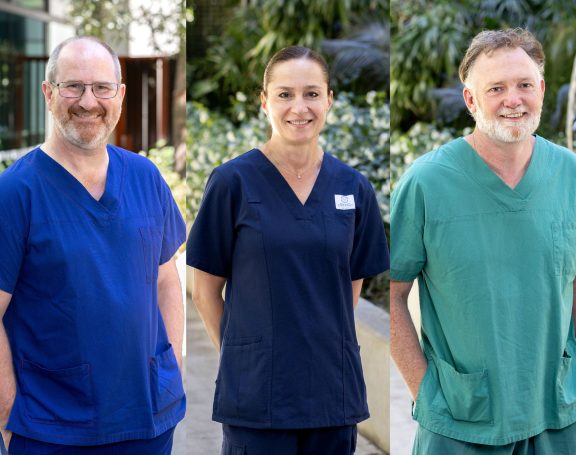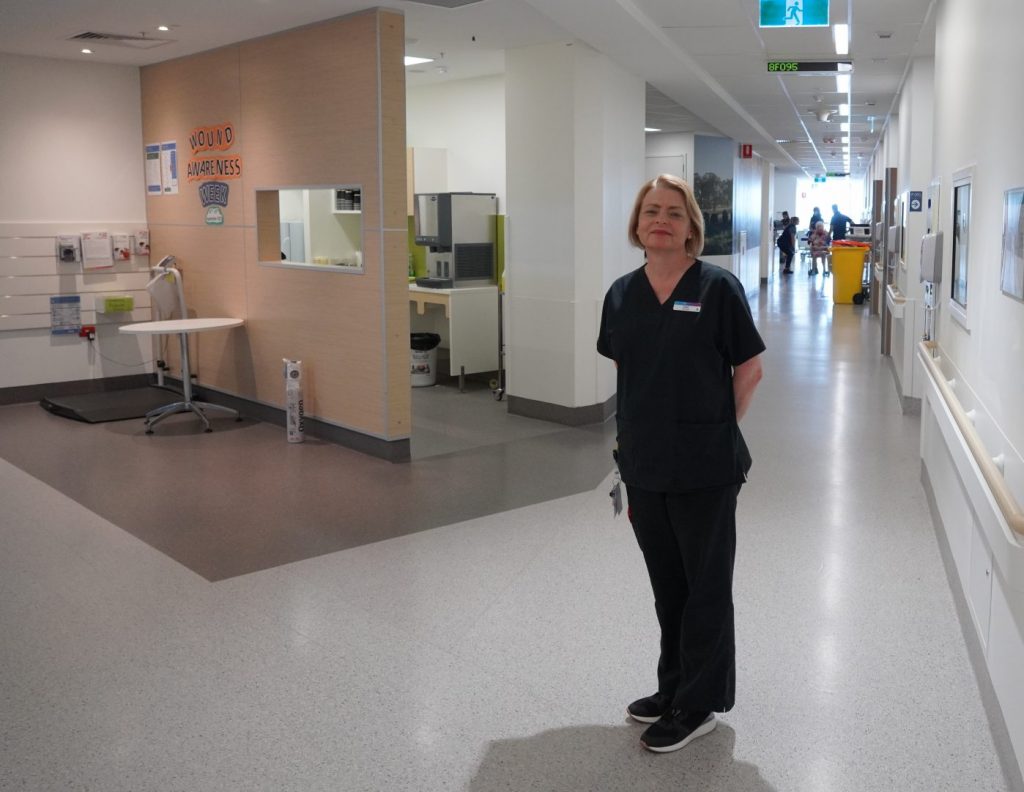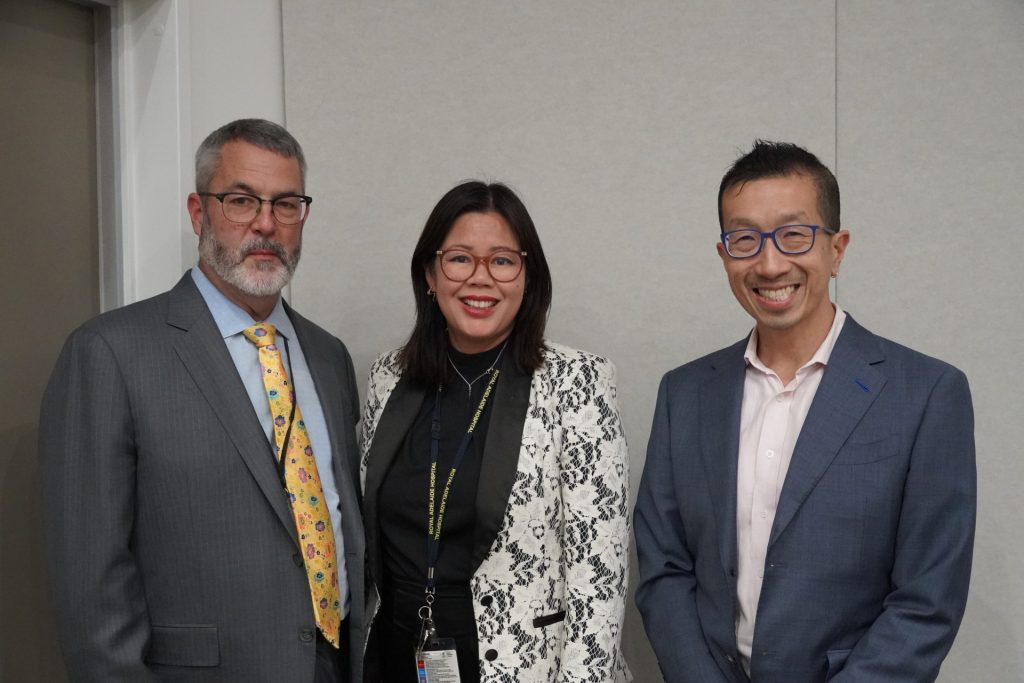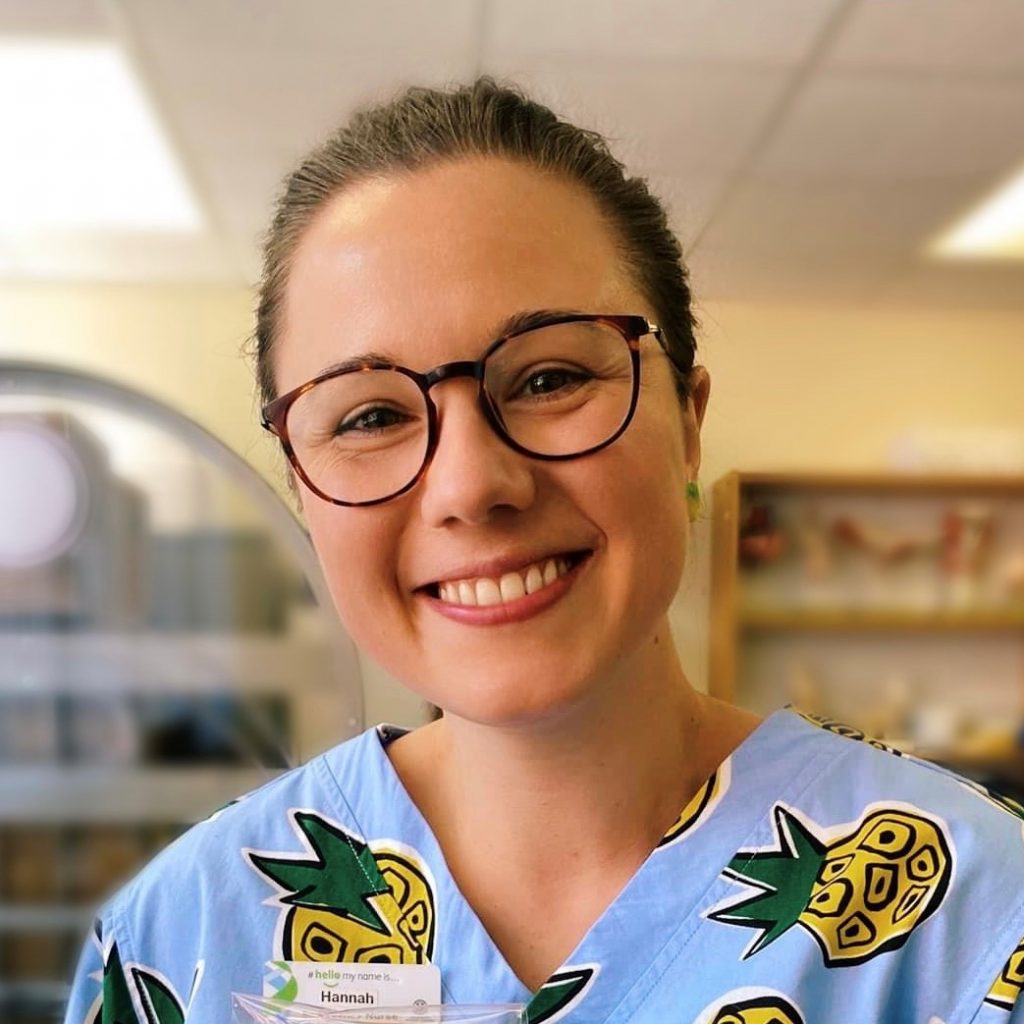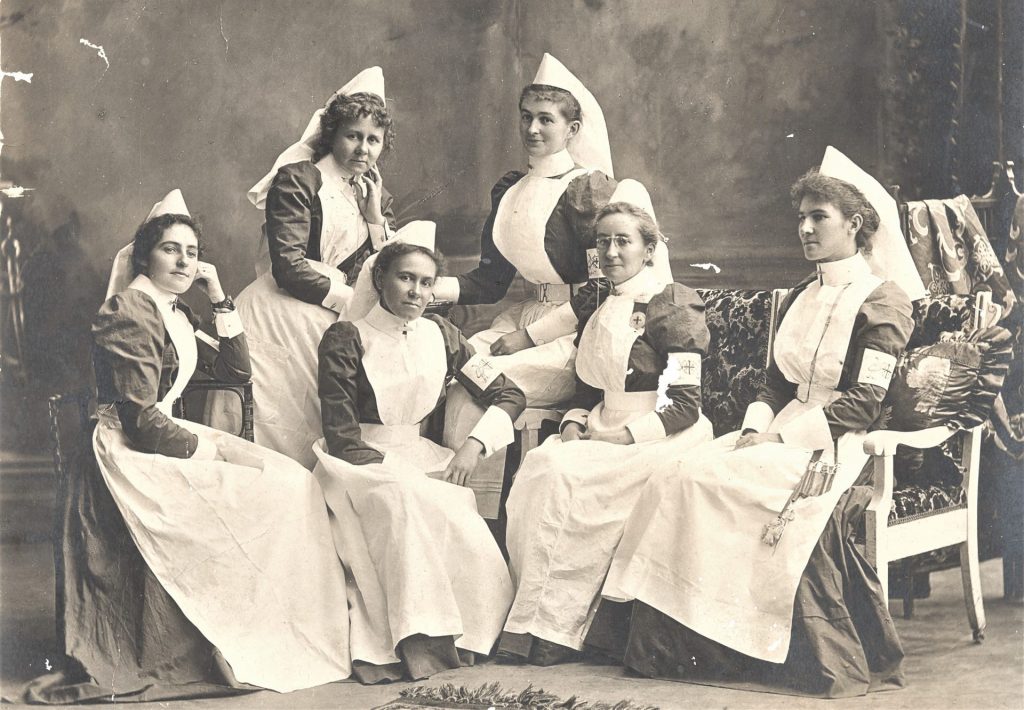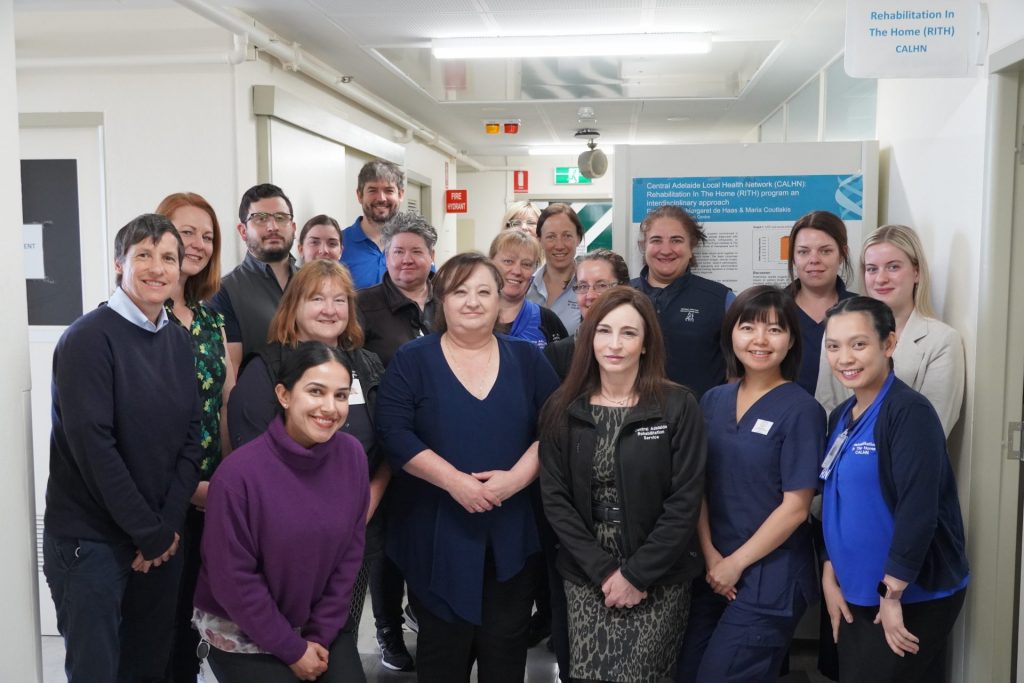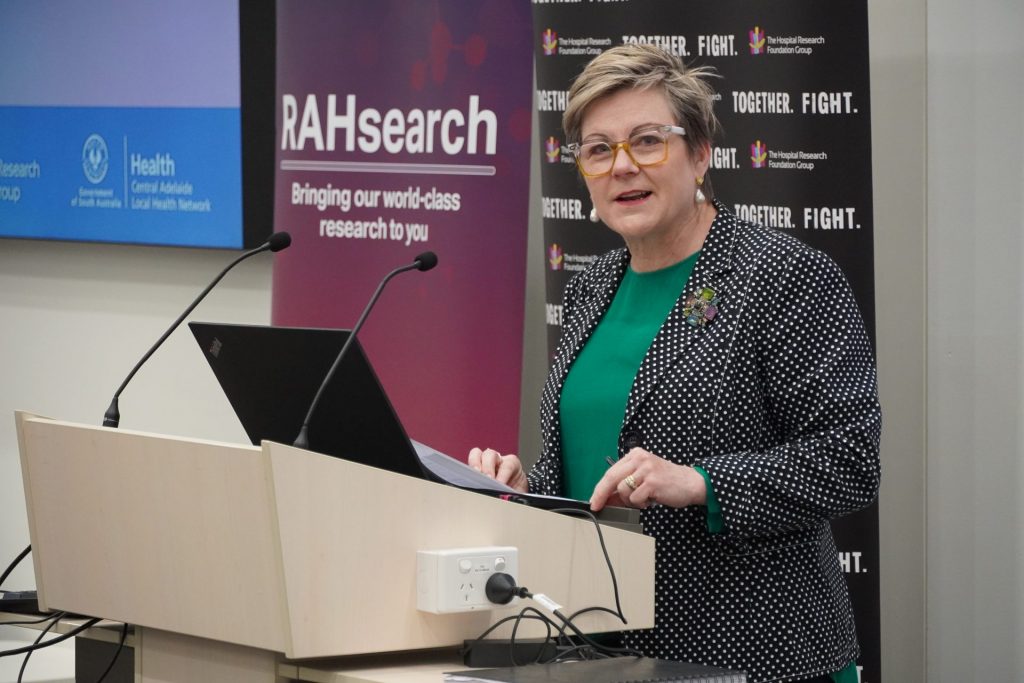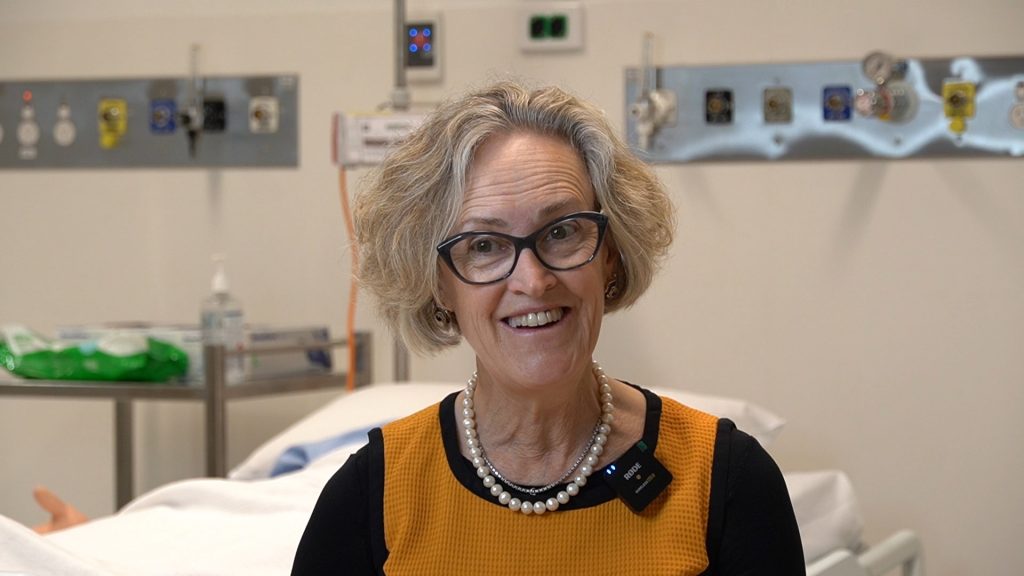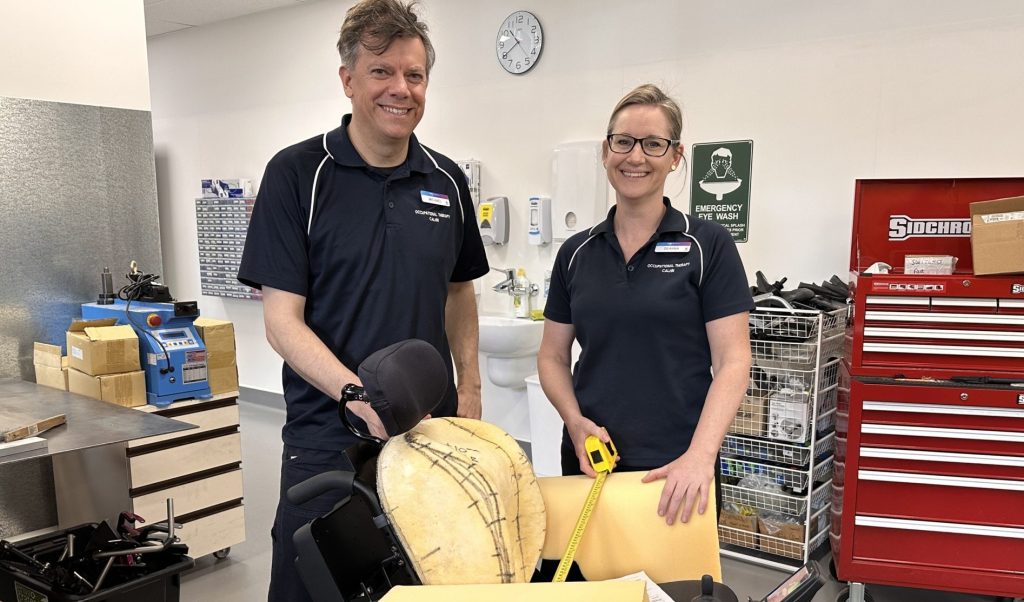
News
50 years of the SA Adult Burns Service
CALHN’s SA Adult Burns Service is celebrating 50 years of delivering exceptional patient care, ground-breaking research, and innovative practices. Since its establishment, the multi-disciplinary unit has evolved to become a state-wide service, establishing rural...
Dying well: helping people through life’s most unknown journey
In this episode of the Our People podcast, we speak to Dr Chloe Furst about her role as a geriatrician and palliative care physician, supporting patients over the age of 65 to improve their health and wellbeing.Chloe has been helping people navigate life’s most...
How a focus on nutrition is improving patient health at CALHN
Many patients arrive at hospital with malnutrition. Dietitians at Central Adelaide Local Health Network (CALHN) help them leave in better shape. Gail (pictured) is Senior Dietitian in Allied Health at CALHN, and is based at the Royal Adelaide Hospital. ...
CALHN research is guiding better doctor-patient communication
Having surgery is a significant event in anyone’s life. For patients, there’s a fine balance to be walked in the leadup – having enough information to feel informed about their operation, but not so much as to feel overwhelmed. New findings from researchers at...
Building excellence at CALHN through fresh eyes and new research
A set of outside eyes can bring a fresh perspective. That’s a core part of the value of the Nimmo Visiting Professorship, an annual highlight of the Central Adelaide Local Health Network (CALHN) educational program. In 2023, CALHN’s visiting Professor is Warren...
Supporting their peers
Hannah Bibby is a senior Registered Nurse, working in the Emergency Department at The Queen Elizabeth Hospital for the past nine years. A year ago, the opportunity came up for her to undertake training to become a Peer Supporter at Central Adelaide Local Health...
Looking back on Remembrance Day
Central Adelaide’s hospitals and healthcare workers – past and present – have been instrumental in the care of defence forces members and the community in a number of conflicts and wars. As we pause for Remembrance Day to honour those who have served, we take a...
A decade, and more than 4000 clients in home rehab
Hospital patients often view returning home as a significant step forwards in their recovery. For more than ten years, the Rehabilitation in the Home (RITH) program has assisted people in achieving their best level of independence through early supported discharge...
Supporting research that builds better healthcare: CALHN’s 2023 Research Grants
Seven research teams from the Central Adelaide Local Health Network (CALHN) have been awarded $950,000 in grants to continue their hospital-based projects aimed at improving healthcare services. The 2023 Research Grants were announced in October during CALHN...
What is inflammatory bowel disease and what role does diet play?
In this Q&A we ask Central Adelaide gastroenterologist, Professor Jane Andrews, some common questions about inflammatory bowel disease. What causes inflammatory bowel disease? Inflammatory bowel disease (IBD) is a group of conditions where there is visible...
When pain is contagious: doctors alerted to internet-linked syndrome
Doctors are seeing something new in pain clinics – a syndrome called Munchausen’s by internet. Central Adelaide Local Health Network (CALHN) psychiatry registrar Dr Trushna Murgahayah presented a medical talk on the syndrome recently at the Australian and New...
“Like being a MacGyver”: CALHN’s Wheelchair and Seating Service
Wheelchairs are transformative in helping people stay mobile – but sometimes a little personalisation is required to make sure they’re just right. Central Adelaide Local Health Network (CALHN) operates South Australia’s only specialist government seating service...
Latest community news
Sign up to receive the latest community news from the Central Adelaide Local Health Network (CALHN).
Central Adelaide LHN acknowledges the Kaurna people as the traditional owners of the lands on which its sites are located. We respect their spiritual relationship with their country and that their cultural and heritage beliefs are still as important to living Aboriginal and Torres Strait Islander people today.
The Central Adelaide Local Health Network website is licensed under a Creative Commons Attribution 3.0 Australia Licence. © Copyright 2023
